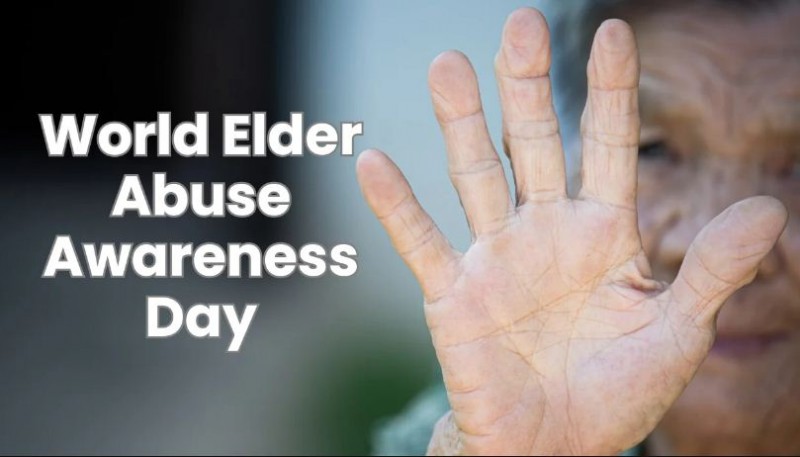
Tomorrow, June 15, people across the globe will commemorate World Elder Abuse Awareness Day (WEAAD) 2024. This significant occasion highlights a critical issue that, despite its prevalence, often remains in the shadows: elder abuse. As we observe this day, it is imperative to reflect on how we can respect and cherish the uniqueness of our elders, recognizing their invaluable contributions to society and ensuring their dignity and well-being.
Understanding Elder Abuse
Elder abuse encompasses a range of harmful behaviors directed towards older individuals, including physical, emotional, sexual abuse, financial exploitation, and neglect. The perpetrators can be family members, caregivers, or others in positions of trust. The World Health Organization estimates that around 1 in 6 people aged 60 years and older experienced some form of abuse in community settings during the past year. This alarming statistic underscores the urgent need for awareness and action.
The Importance of Respecting Elders
Respecting the uniqueness of elders is more than a moral obligation; it is a fundamental aspect of a compassionate and just society. Elders are repositories of wisdom, tradition, and history. Their experiences and stories provide a rich tapestry of knowledge that can guide younger generations. By valuing and respecting them, we honor their contributions and ensure they continue to play an active role in our communities.
Strategies to Combat Elder Abuse
Education and Awareness: Public education campaigns are vital in raising awareness about elder abuse. By informing people about the signs of abuse and how to report it, we can create a more vigilant and supportive community.
Legislative Measures: Strengthening laws and policies to protect elders is essential. This includes stringent penalties for abusers and robust support systems for victims.
Support Services: Providing resources such as hotlines, shelters, and counseling services for elder abuse victims can offer immediate relief and long-term support.
Community Involvement: Community programs that promote intergenerational activities can help bridge the gap between the young and the old, fostering mutual respect and understanding.
Training for Caregivers: Ensuring that caregivers receive proper training on how to care for elders respectfully and compassionately can prevent abuse and improve the quality of care.
How You Can Make a Difference
Listen and Engage: Take the time to listen to the elders in your life. Engage with them in meaningful conversations and activities that acknowledge their interests and experiences.
Volunteer: Consider volunteering with organizations that support the elderly. Your time and presence can make a significant difference in their lives.
Advocate: Use your voice to advocate for stronger protections for elders. Whether it's through social media, community meetings, or contacting legislators, your advocacy can drive change.
Educate Yourself and Others: Learn about the signs of elder abuse and share this knowledge with your network. The more people are aware, the better equipped we will be to prevent and address abuse.
Celebrating the Uniqueness of Elders
On World Elder Abuse Awareness Day 2024, let us not only shine a light on the issue of elder abuse but also celebrate the uniqueness of elders. Their diverse experiences, wisdom, and stories enrich our lives and communities. By respecting and protecting them, we uphold the values of dignity and respect that are the cornerstones of a humane society.
As we move forward, let us commit to creating a world where every elder is valued, respected, and free from abuse. Together, we can build a future that honors the past, respects the present, and safeguards the dignity of all generations.